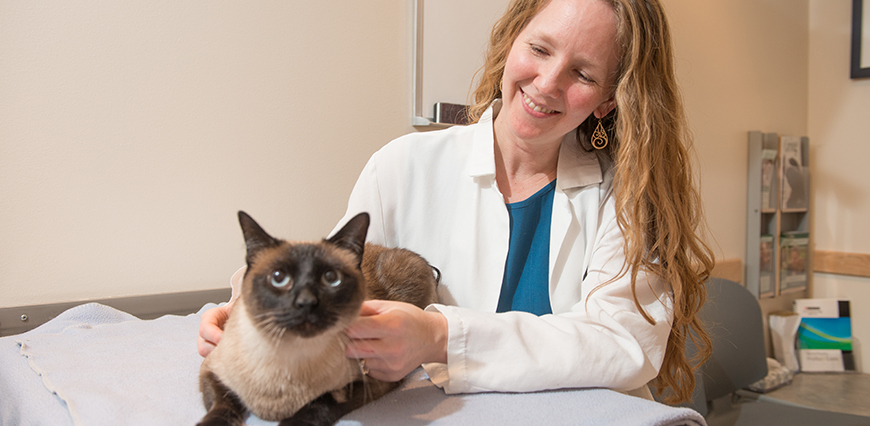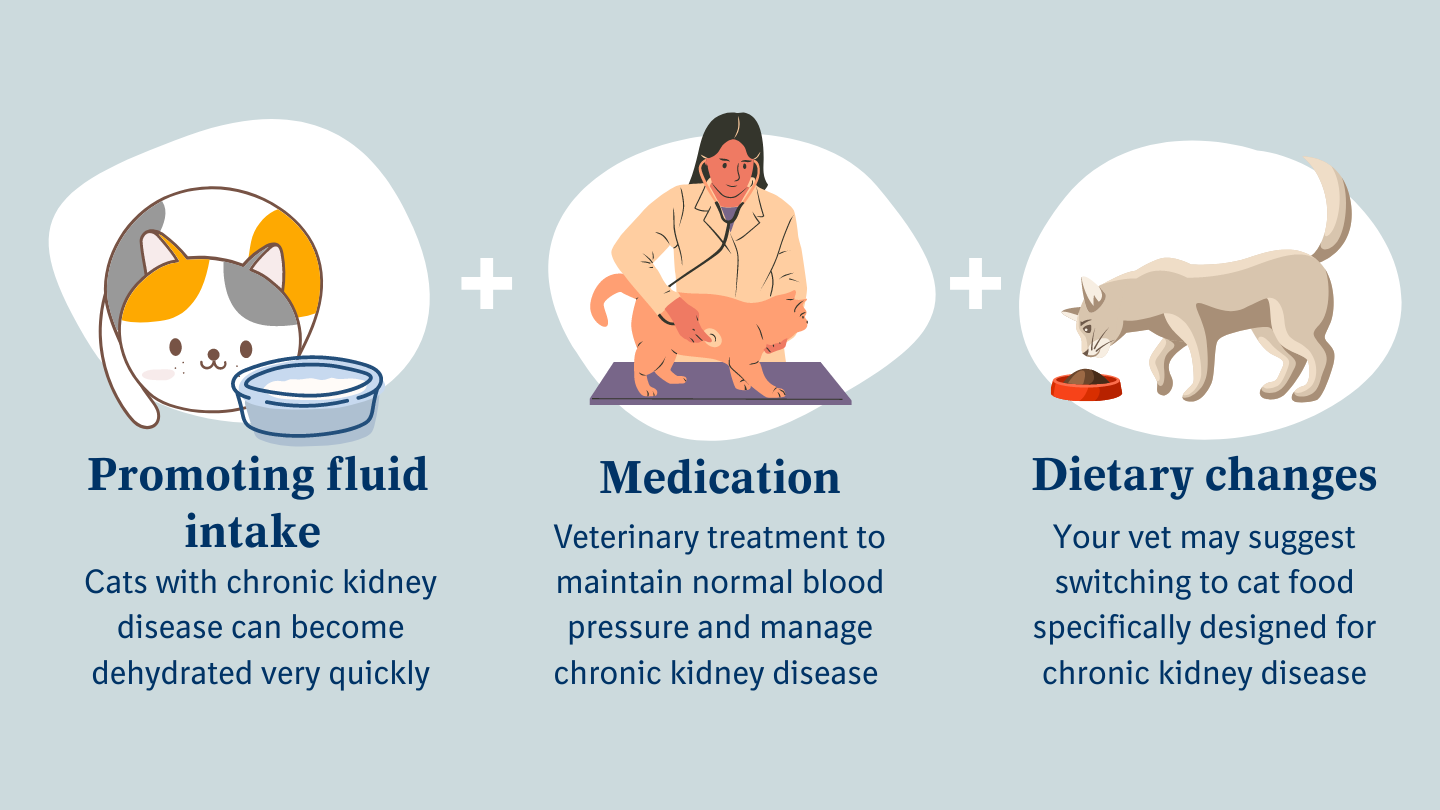Introduction:
The cat kidneys are vital organs responsible for filtering waste products from the blood and maintaining fluid and electrolyte balance in cats. In this comprehensive article, we will delve into the importance of cat kidney health, common kidney-related conditions, preventive measures, and management strategies. By understanding the intricacies of cat kidney function, cat owners and veterinarians can work together to ensure the well-being and longevity of feline companions.
The Importance of Cat Kidney Health:
Cat kidney health is crucial for maintaining overall well-being and quality of life. The kidneys perform several essential functions, including:
- Filtration and Waste Removal:
The kidneys filter waste products, toxins, and excess substances from the blood, which are then excreted as urine.
- Fluid and Electrolyte Balance:
The kidneys regulate the balance of fluids, electrolytes, and minerals in the body, ensuring proper hydration and optimal cellular function.
- Acid-Base Balance:
The kidneys help maintain the body’s acid-base balance by regulating the levels of acids and bases in the blood.
Recommended:
- Petco Review: The Power of Together
- PetSmart Review: Where Pets Inspire Us
- Hill’s Pet Nutrition Review: Pioneering Pet Health and Nutrition
- Royal Canine Review: Tailored Nutrition for Every Pet
- Chewy Review: Pet Care at Your Doorstep
Common Kidney-Related Conditions in Cats:
Several kidney-related conditions can affect cats, including:
- Chronic Kidney Disease (CKD):
CKD is a progressive, irreversible condition characterized by the gradual loss of kidney function over time. It is commonly seen in older cats and can be caused by various factors, including genetics, infections, and certain medications.
- Acute Kidney Injury (AKI):
AKI is a sudden and severe decline in kidney function, often caused by factors such as dehydration, ingestion of toxins, infections, or underlying diseases.
- Polycystic Kidney Disease (PKD):
PKD is an inherited condition characterized by the formation of cysts in the kidneys. It can lead to progressive kidney damage and eventual kidney failure.
Preventive Measures for Cat Kidney Health:
Prevention plays a crucial role in maintaining cat kidney health. Here are some preventive measures cat owners can take:
- Hydration:
Ensure your cat has access to fresh water at all times to promote proper hydration. Consider using water fountains or providing wet food to increase water intake.
- Balanced Diet:
Feed your cat a nutritionally balanced diet that supports kidney health. Consult with your veterinarian to determine the most appropriate diet for your cat’s specific needs.
- Regular Veterinary Check-ups:
Schedule routine check-ups with your veterinarian to monitor your cat’s kidney function and detect any early signs of kidney disease.
- Avoid Nephrotoxic Substances:
Prevent exposure to substances that can be toxic to cat kidneys, such as certain medications, chemicals, and plants. Consult with your veterinarian to ensure a safe environment for your cat.
Managing Cat Kidney Conditions:
If your cat is diagnosed with a kidney-related condition, various management strategies may be employed:
- Medications:
Your veterinarian may prescribe medications to manage symptoms, control blood pressure, stimulate appetite, or address specific underlying causes of kidney disease.
- Dietary Modifications:
Specialized renal diets can help support kidney function and slow the progression of kidney disease. These diets are formulated to be low in protein, phosphorus, and sodium while providing adequate nutrition.
- Fluid Therapy:
In cases of dehydration or advanced kidney disease, fluid therapy may be necessary to maintain hydration and support kidney function.
- Regular Monitoring:
Regular monitoring of kidney function through blood and urine tests is essential to assess the progression of kidney disease and adjust treatment plans accordingly.
Conclusion:
Maintaining cat kidney health is crucial for the overall well-being and longevity of feline companions. By understanding the importance of kidney function, recognizing common kidney-related conditions, and implementing preventive measures, cat owners can play an active role in promoting kidney health. Regular veterinary check-ups, proper hydration, balanced nutrition, and appropriate management strategies are key to ensuring optimal kidney function and a happy, healthy life for cats.
References:
- Syme, H. M., & Elliott, J. (2009). Management of feline chronic kidney disease. In Practice, 31(4), 172-179.
- Chakrabarti, S., Syme, H. M., Brown, C. A., & Elliott, J. (2016). Histomorphometry of feline chronic kidney disease and correlation with markers of renal dysfunction. Veterinary Pathology, 53(2), 355-365.
- King, J. N., Tasker, S., Gunn-Moore, D. A., & Strehlau, G. (2007). Polycystic kidney disease in Persian and other cats: a prospective study using ultrasonography. Journal of Feline Medicine and Surgery, 9(5), 387-395.
- Bartges, J. W. (2012). Chronic kidney disease in dogs and cats. Veterinary Clinics: Small Animal Practice, 42(4), 669-692.



